Nine Possible Successors: Examining The Future Of The Papacy After Pope Francis
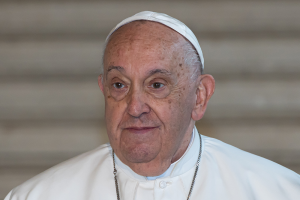
Table of Contents
Cardinal Pietro Parolin: The Papal Secretary of State
Experience and Influence: A Diplomat's Path to the Papacy?
Cardinal Pietro Parolin, the current Papal Secretary of State, holds a powerful position, placing him squarely in the conversation about the future Pope. His extensive diplomatic experience, cultivated through years of service in various Vatican embassies, including Mexico and Venezuela, gives him an unparalleled understanding of global Catholicism. His close relationship with Pope Francis further strengthens his candidacy.
- Significant Vatican diplomatic initiatives: Parolin has played a key role in negotiating the historic rapprochement with China and navigating complex geopolitical issues affecting the Church.
- Strengths and weaknesses: His strengths lie in his diplomatic skills and his established network within the Vatican. However, some might see his close association with Pope Francis as a potential weakness, hindering his ability to chart a distinctly different course.
- Theological viewpoints: While generally considered a moderate, his theological views and potential impact on Church doctrine remain to be seen should he ascend to the papacy.
Cardinal Luis Antonio Tagle: A Charismatic Figure from Asia
Global Perspective and Appeal: A Voice from the East?
Cardinal Luis Antonio Tagle, formerly Archbishop of Manila, enjoys immense popularity and influence within the Asian Church. His charismatic leadership and progressive views on social justice and interfaith dialogue make him a compelling candidate.
- Background and experience in the Philippines: His deep understanding of the challenges facing the Church in a rapidly changing Asian context provides a unique perspective.
- Progressive views: Tagle's advocacy for the poor and marginalized, combined with his emphasis on interfaith dialogue, resonates with many, particularly younger Catholics.
- Navigating the global landscape: His ability to navigate the complex political and social issues facing the Church globally will be crucial if he becomes the next Pope. This includes the challenges of balancing traditional doctrines with evolving societal norms.
Cardinal Marc Ouellet: A Conservative Voice
Traditional Doctrines and Views: A Return to Tradition?
Cardinal Marc Ouellet represents a more conservative wing within the Church. His unwavering adherence to traditional doctrines makes him a potential choice for those seeking a return to more traditional Catholic teachings.
- Stances on key issues: His views on family, morality, and Church discipline are well-known and align with a more traditional interpretation of Catholic teachings.
- Impact on Church doctrine and reform: His election would likely signal a shift away from some of the more progressive initiatives undertaken under Pope Francis.
- Support base: While he has a significant following amongst conservative cardinals, his election is not guaranteed given the diversity of viewpoints within the College of Cardinals.
Three Other Prominent Cardinals (Brief Profiles)
Several other cardinals warrant consideration. Cardinal Gerhard Müller, known for his theological expertise; Cardinal Angelo De Donatis, Vicar General of Rome, bringing strong administrative experience; and Cardinal Oscar Rodríguez Maradiaga, a respected voice from Latin America, each offer unique perspectives and strengths that could shape the future of the papacy. Their theological leanings, administrative skills, and geographical representation are significant factors to consider.
The Importance of Geographical Diversity in the Next Papacy
Representation and Global Reach: A Church for All?
Selecting a Pope from a diverse geographical background is crucial for ensuring the Church effectively addresses the needs of its global community. The next Pope must be capable of bridging the gap between different cultures and theological viewpoints.
- Balancing global needs: The next Pope will need to balance the diverse needs of the Catholic Church across continents, encompassing varying cultural contexts and socio-economic realities.
- Regional perspectives: Regional perspectives will significantly influence Church policies and doctrine, highlighting the need for leadership capable of inclusive decision-making.
- Potential candidates: Candidates from Africa, Asia, and Latin America represent potential for fresh perspectives and broader representation.
The Challenges Facing the Next Pope
Internal and External Pressures: A Turbulent Time for the Church?
The next Pope will inherit a Church facing numerous significant internal and external pressures. These challenges demand strong leadership, diplomacy, and vision.
- Internal divisions: Addressing internal divisions on issues of doctrine, morality, and Church governance will require deft handling.
- Declining attendance: The declining church attendance in many Western countries poses a significant pastoral challenge.
- Geopolitical issues: Navigating complex geopolitical issues, including conflict, migration, and environmental concerns, will demand both wisdom and diplomatic skill.
Predicting the Unpredictable: Analyzing the Conclave Process
The Dynamics of Papal Elections: A Complex Selection
The selection of a new Pope is a complex process, influenced by various factors. Understanding the dynamics of the Conclave is crucial in anticipating the future papacy.
- The College of Cardinals: The College of Cardinals plays a vital role, weighing candidates' theological viewpoints, administrative experience, and ability to lead the global Church.
- Political and theological considerations: Political and theological considerations inevitably influence the selection process, making predictions difficult.
- Unpredictability of the Conclave: The secretive nature of the Conclave ensures that surprises are always possible, adding an element of unpredictability to the process.
Conclusion: The Future of the Papacy After Pope Francis: A Look Ahead
The Future of the Papacy After Pope Francis remains uncertain but undeniably fascinating. Cardinal Parolin's diplomatic experience, Cardinal Tagle's progressive views, and Cardinal Ouellet's conservative stance, alongside several other prominent figures, represent a range of potential directions for the Church. The next Pope will need to navigate internal divisions, address global challenges, and strive for broader global representation within the Church. The selection process itself is a testament to the complexities of choosing a leader for such a vast and diverse global community. Continue following developments, engaging in respectful discussions, and share your thoughts on the Future of the Papacy After Pope Francis. Your voice matters in this critical juncture for the Catholic Church.

Featured Posts
-
 Thibodeaus Plea For More Resolve After Knicks Devastating Defeat
May 12, 2025
Thibodeaus Plea For More Resolve After Knicks Devastating Defeat
May 12, 2025 -
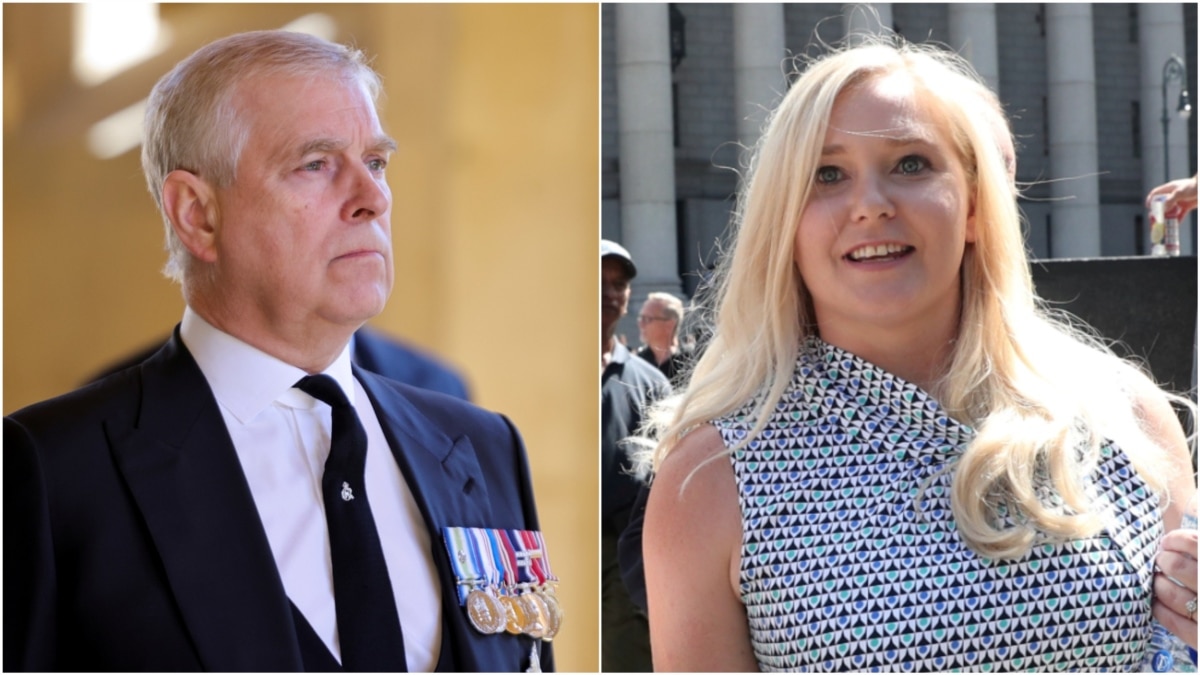 Prints Endryu 65 Rokiv Poglyad Na Yogo Ditinstvo Cherez Foto
May 12, 2025
Prints Endryu 65 Rokiv Poglyad Na Yogo Ditinstvo Cherez Foto
May 12, 2025 -
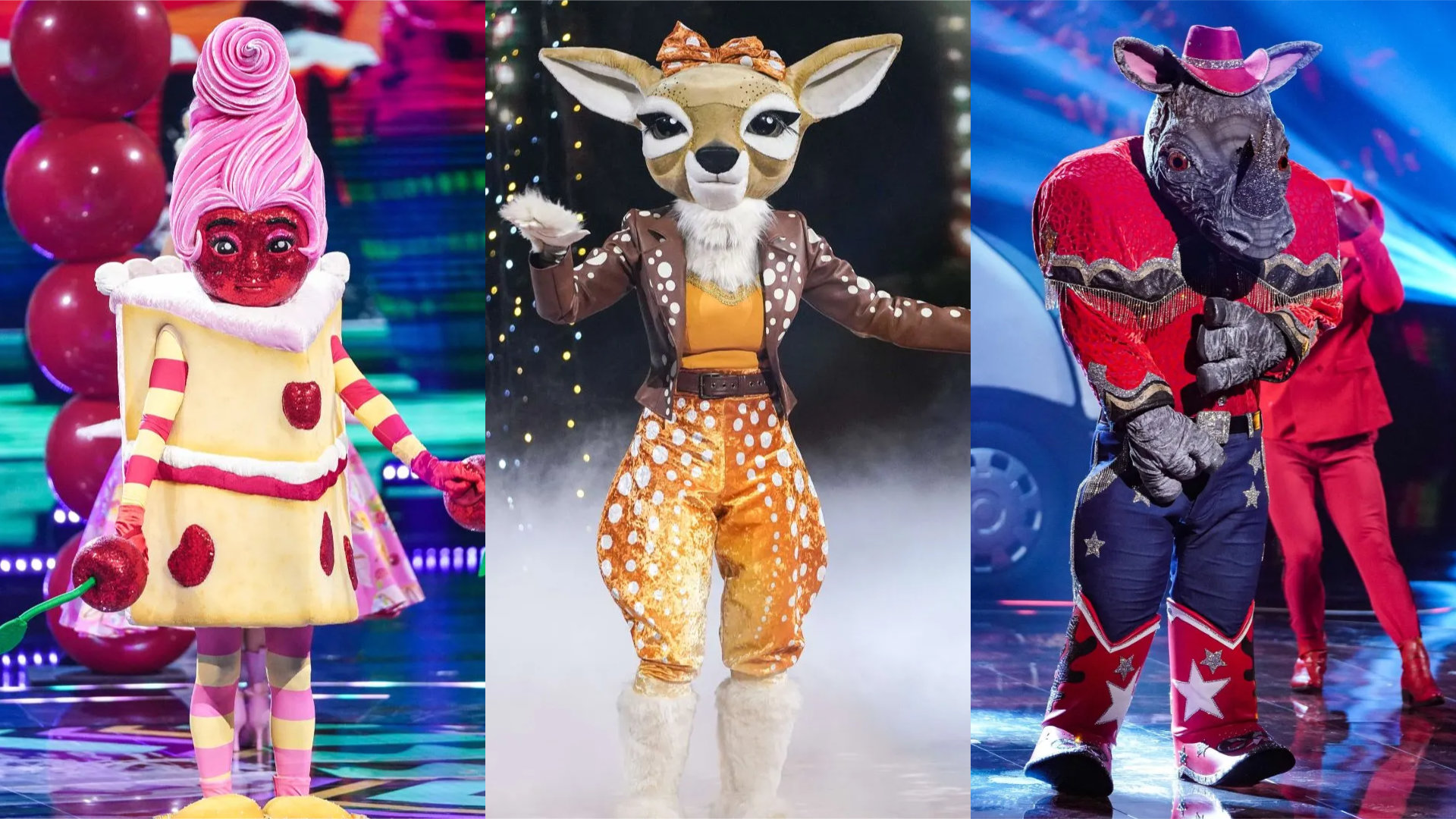 Surprise A Mask Singer 2025 L Identite De L Autruche Devoilee
May 12, 2025
Surprise A Mask Singer 2025 L Identite De L Autruche Devoilee
May 12, 2025 -
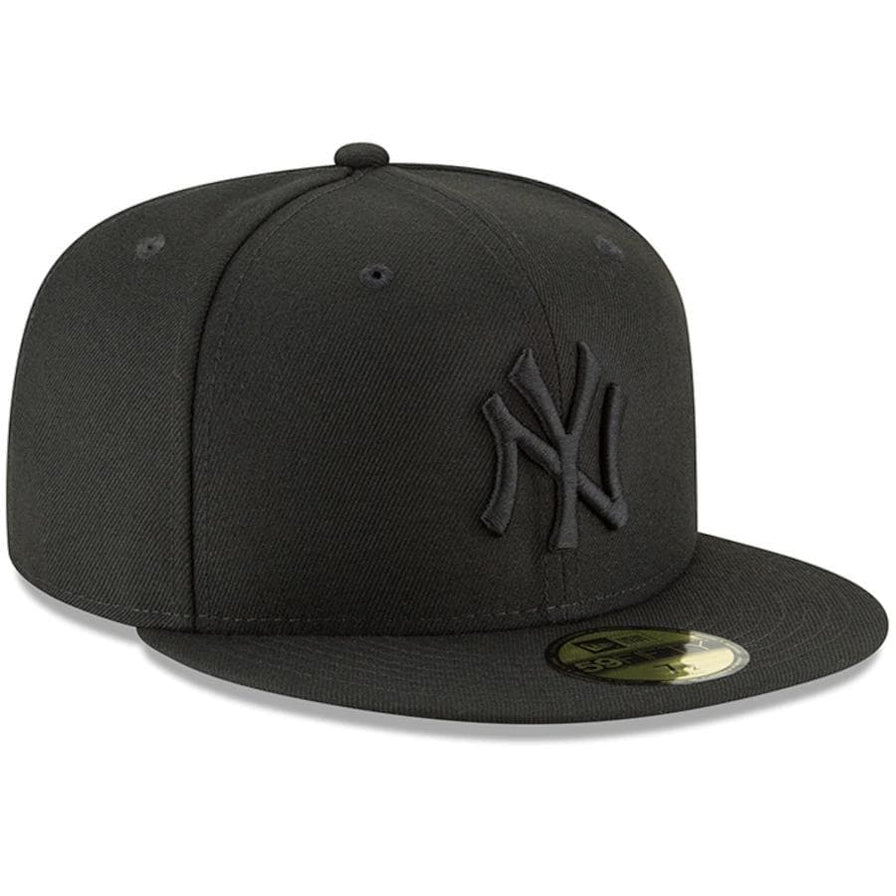 Find Your Perfect 2025 New York Yankees Hat Jersey And More A Buying Guide
May 12, 2025
Find Your Perfect 2025 New York Yankees Hat Jersey And More A Buying Guide
May 12, 2025 -
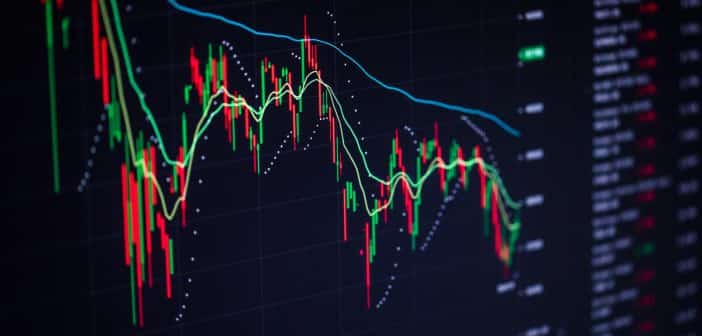 Mes Investissements Comment Diversifier Et Optimiser Son Portefeuille
May 12, 2025
Mes Investissements Comment Diversifier Et Optimiser Son Portefeuille
May 12, 2025
Latest Posts
-
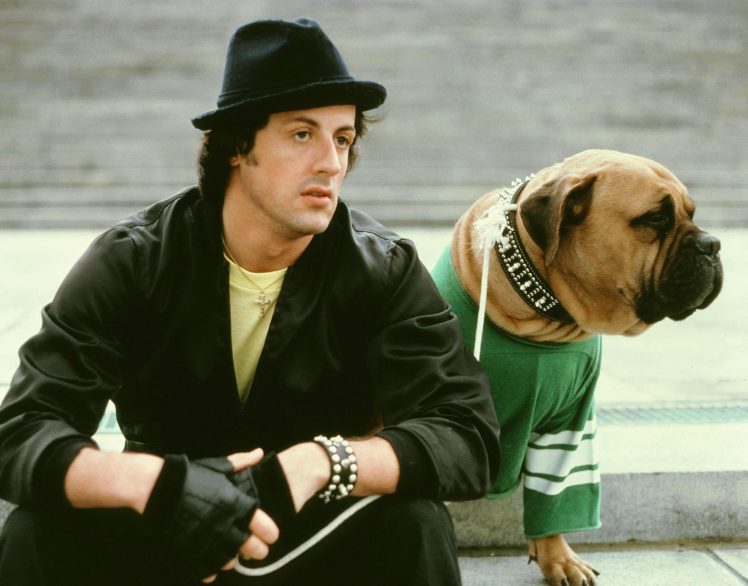 The Most Emotional Rocky Movie According To Sylvester Stallone
May 12, 2025
The Most Emotional Rocky Movie According To Sylvester Stallone
May 12, 2025 -
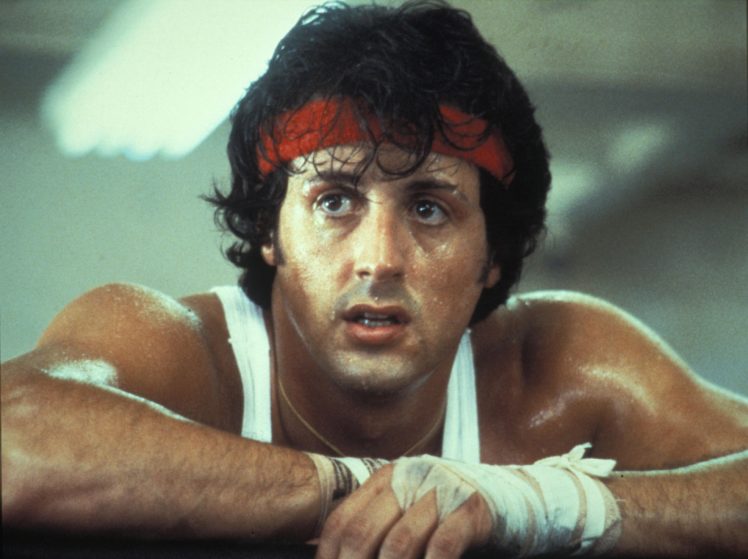 Which Rocky Movie Touches Sylvester Stallone The Most
May 12, 2025
Which Rocky Movie Touches Sylvester Stallone The Most
May 12, 2025 -
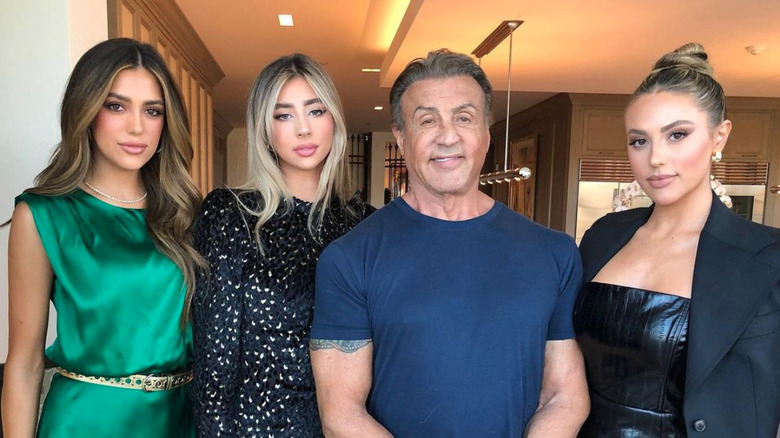 Stallone Reveals His Top Rocky Movie A Touching Choice
May 12, 2025
Stallone Reveals His Top Rocky Movie A Touching Choice
May 12, 2025 -
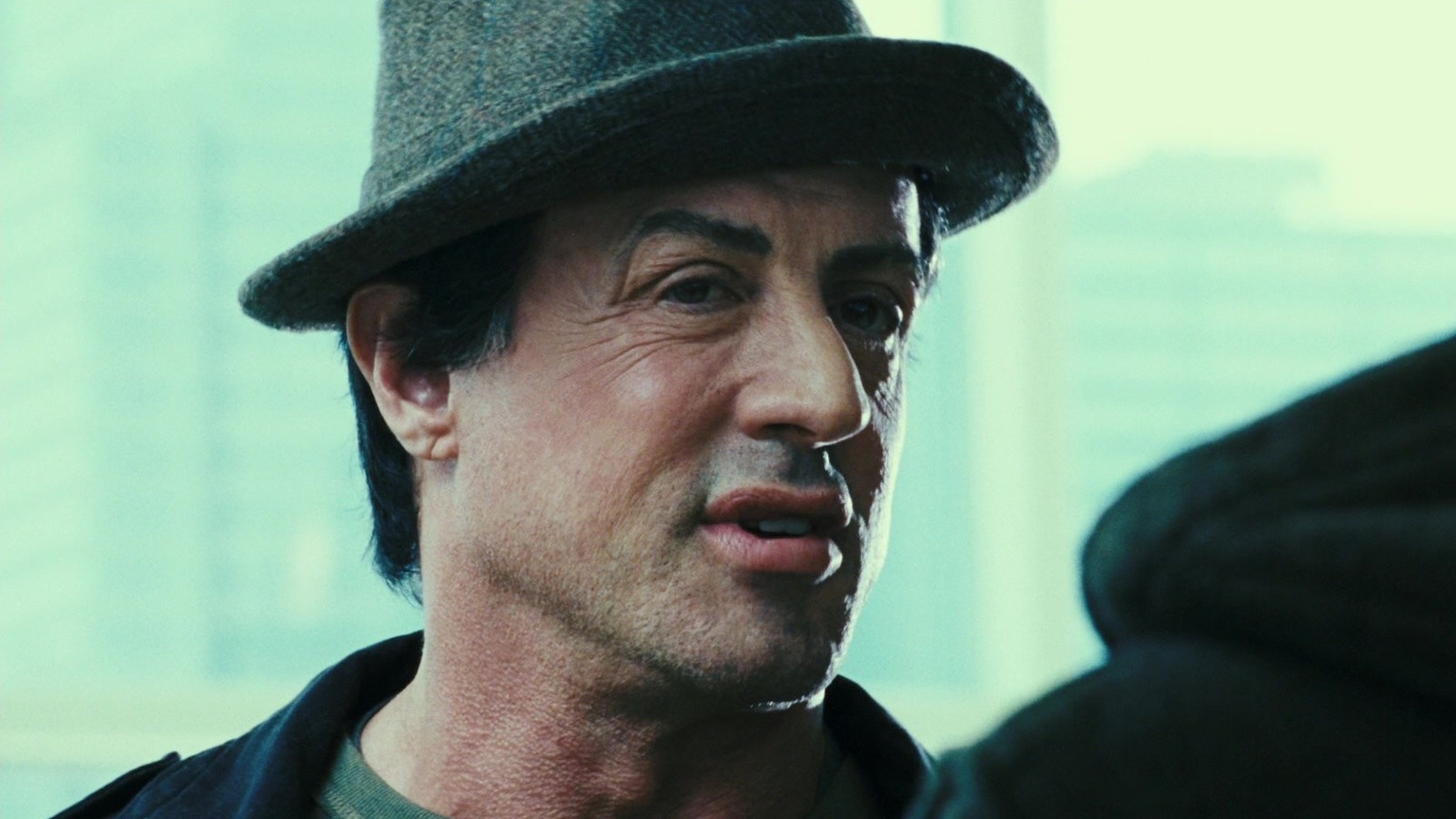 Sylvester Stallone Picks His Most Emotional Rocky Film
May 12, 2025
Sylvester Stallone Picks His Most Emotional Rocky Film
May 12, 2025 -
 Sylvester Stallones Favorite Rocky Movie The Franchises Most Emotional Entry
May 12, 2025
Sylvester Stallones Favorite Rocky Movie The Franchises Most Emotional Entry
May 12, 2025
